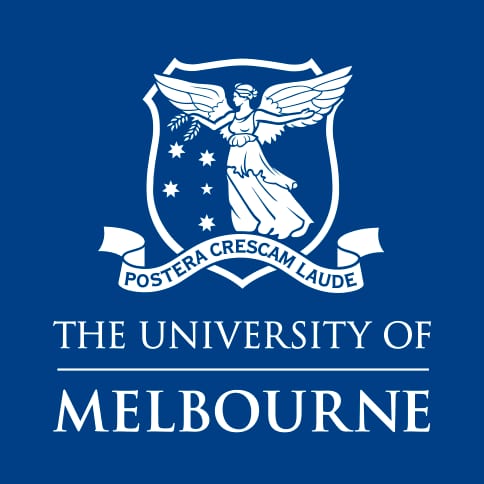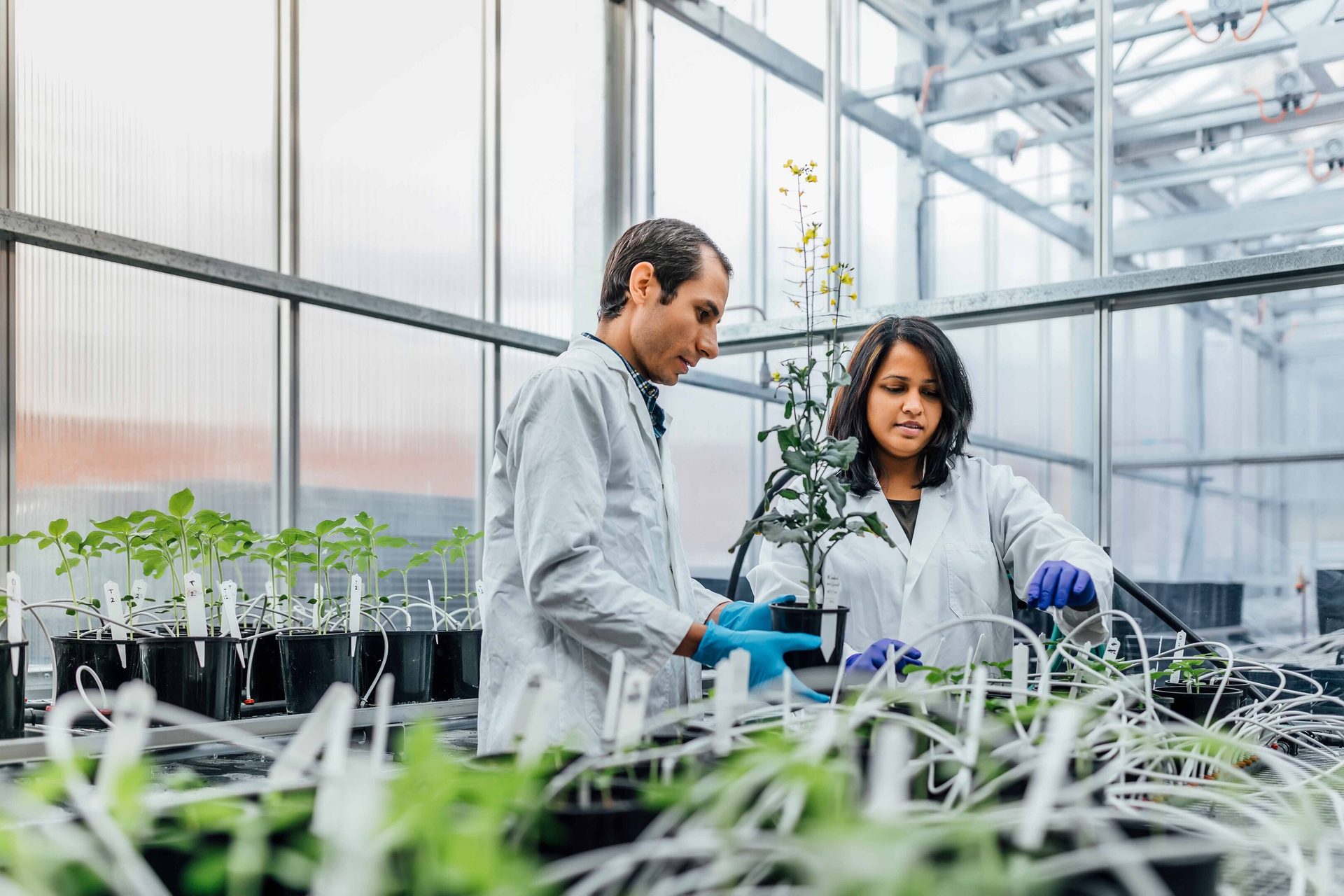An agriculture degree from the University of Melbourne's School of Agriculture, Food and Ecosystem Sciences sets you up for career success. Taught across four specialist campuses, students and researchers collaborate on a wide range of real-world issues, from climate change and food security to sustainable forest management and invasive species. There are close links with industry partners — creating opportunities for volunteering, internships, and placements. Clubs and societies let you further embrace your interest and passion for agriculture.
It's a combination unlike any other to prepare you for a range of career options with global, sustainable impact. The best part? You will be at the heart of the action, studying in facilities like a six-Green-Star-rated building that produces 50% less greenhouse gas emissions than similar buildings of its size. As you enhance your skills in practical teaching laboratories, an object-based learning facility and classrooms for small group and problem-based learning, the building harvests and reuses rainwater and produces 140,000 kWh of solar energy per year.
#1
in Australia (QS World University Rankings 2024)
#14
in the world (QS World University Rankings 2024)
#8
for graduate employability worldwide (QS Graduate Employability 2022)
The University of Melbourne Bachelor of Agriculture fuses technology and business to tackle critical sustainability issues. You’ll understand how to harness natural processes to sustainably feed our growing population, improve natural resource management and contribute to Australia’s growing agricultural industry. You’ll also learn the science necessary to produce safe, high-quality and ethical food and fibre as well as the economics underpinning Australia’s important role in international trade. In the labs and fields, you’ll apply biology, chemistry, physics, and economics — a journey that readies you for a career that’s highly sought after in Australia. There are six jobs available for every agriculture graduate.
During your first year, you’re free to explore your interests through core subjects that lay the foundation for agricultural science, with studies in biology, natural environments, agricultural production and life sciences. In the second year, you select your major and specialise in Production Animal Science, Plant and Soil Science, or Agricultural Economics.
That flexibility proved valuable for Sophie Hanna, a Plant and Soil Science major. "The beneficial part of the Melbourne Bachelor of Agriculture is that you could do all of the subjects from soil science, agronomy, and pasture management, to many different livestock systems, as well as the farm management economics subjects," she says.
During her final semester, Sophie got a taste of her future career while studying at the Dookie campus, set on the tranquil rolling hills between Shepparton and Benalla in Victoria, Australia.
Mind-expanding, skill-enhancing curriculum
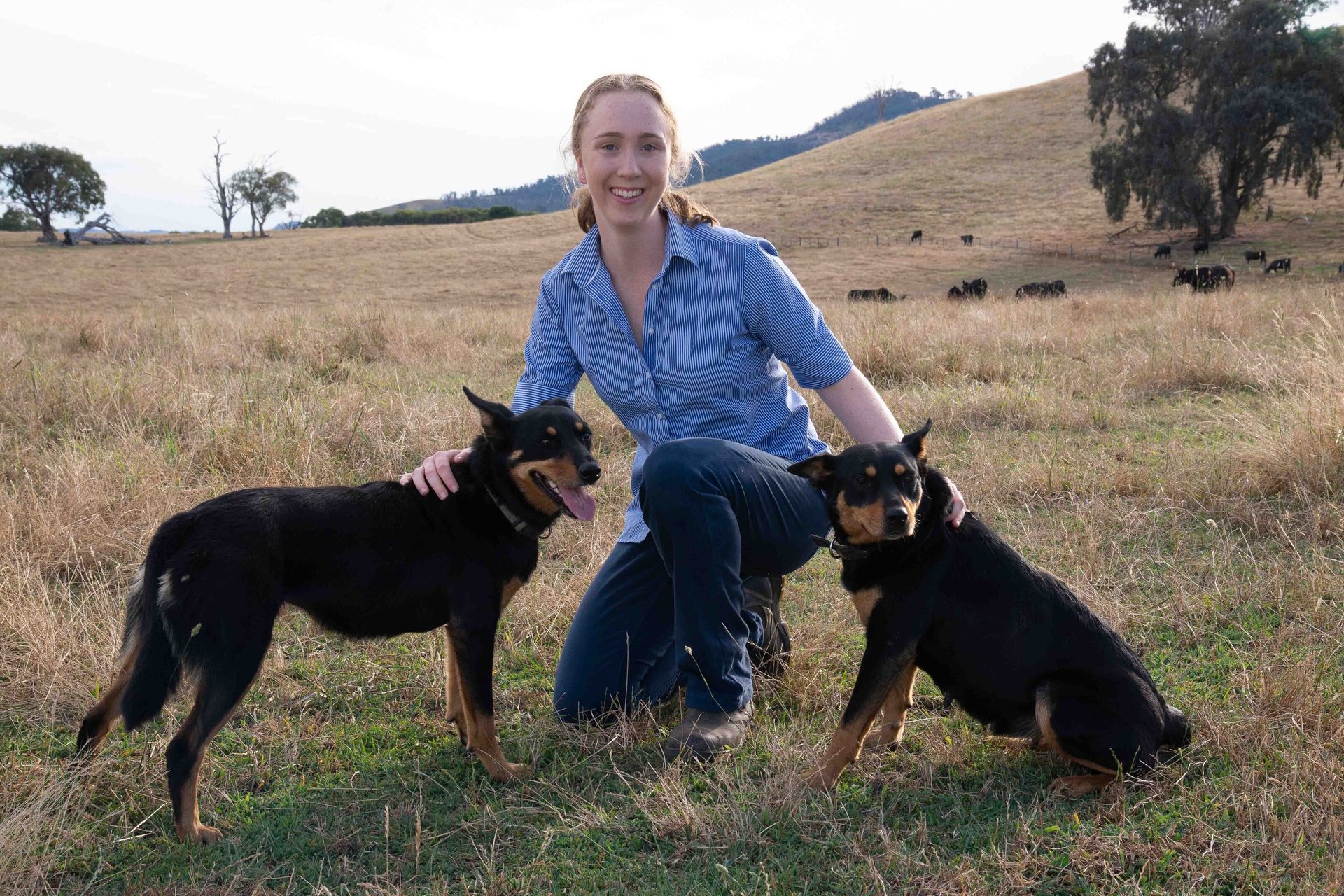
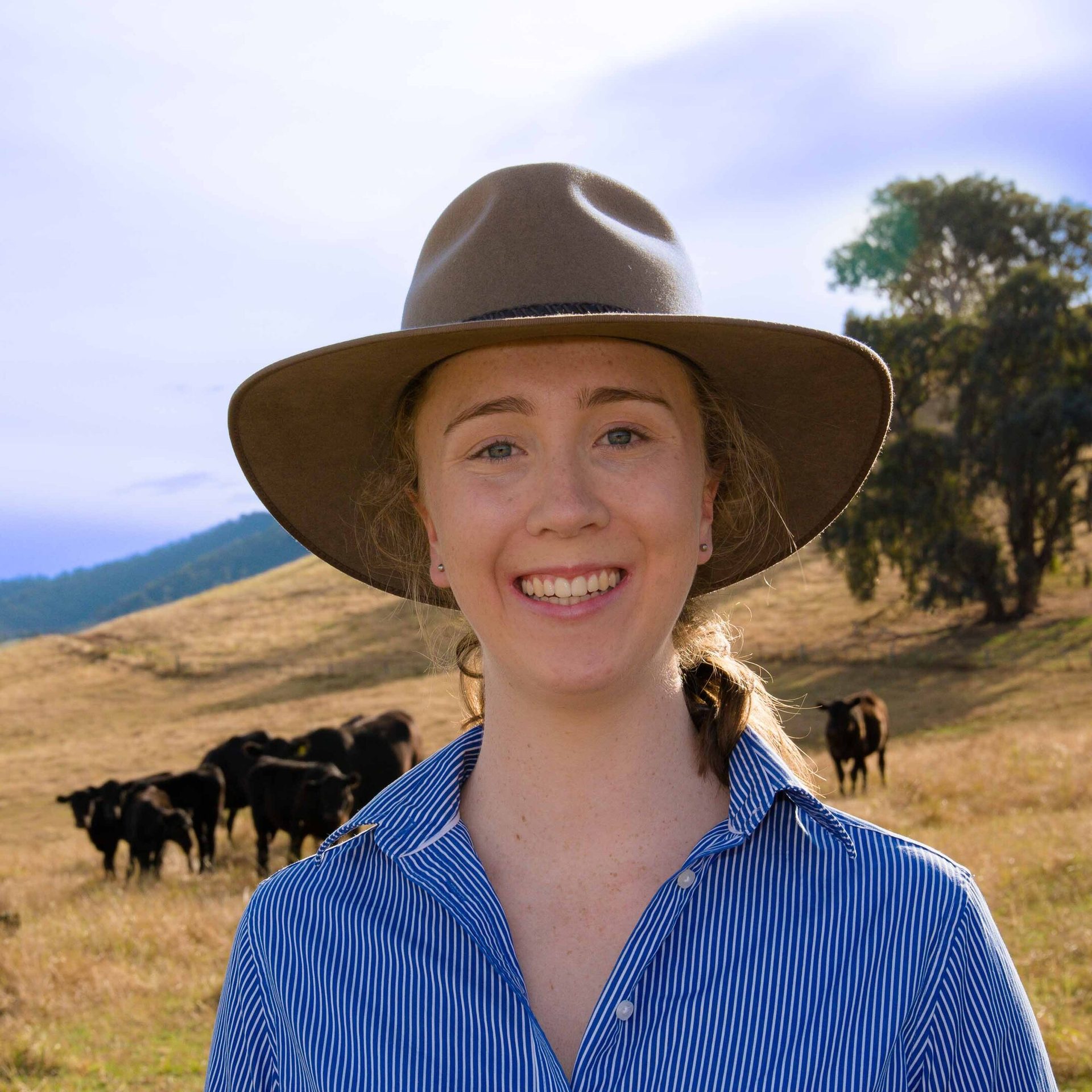
Here, teaching staff are experts who frequently engage with research current to their respective fields. Andrew Longmire, a Master of Agricultural Sciences graduate and a PhD candidate knows this well — having worked together with supervisors for his research projects on remote sensing. “They never stop providing inspiration on what is possible," he enthuses.
Experienced and dedicated faculty
That was a key factor which influenced Andrew's decision to continue his academic journey at the school as a PhD student. Today, part of his research dives into using information derived from remote sensing to guide precision agriculture. "You are really surrounded by top experts, the assets, and the reputation of the University of Melbourne as a long-standing agricultural scientific research institution," he says.
Sophie shares similar sentiments. As her cohort was smaller than that of other degrees at the University of Melbourne, the Bachelor of Agriculture students received personalised support from experts. "I also got to know peers in our cohort really well," she shares.
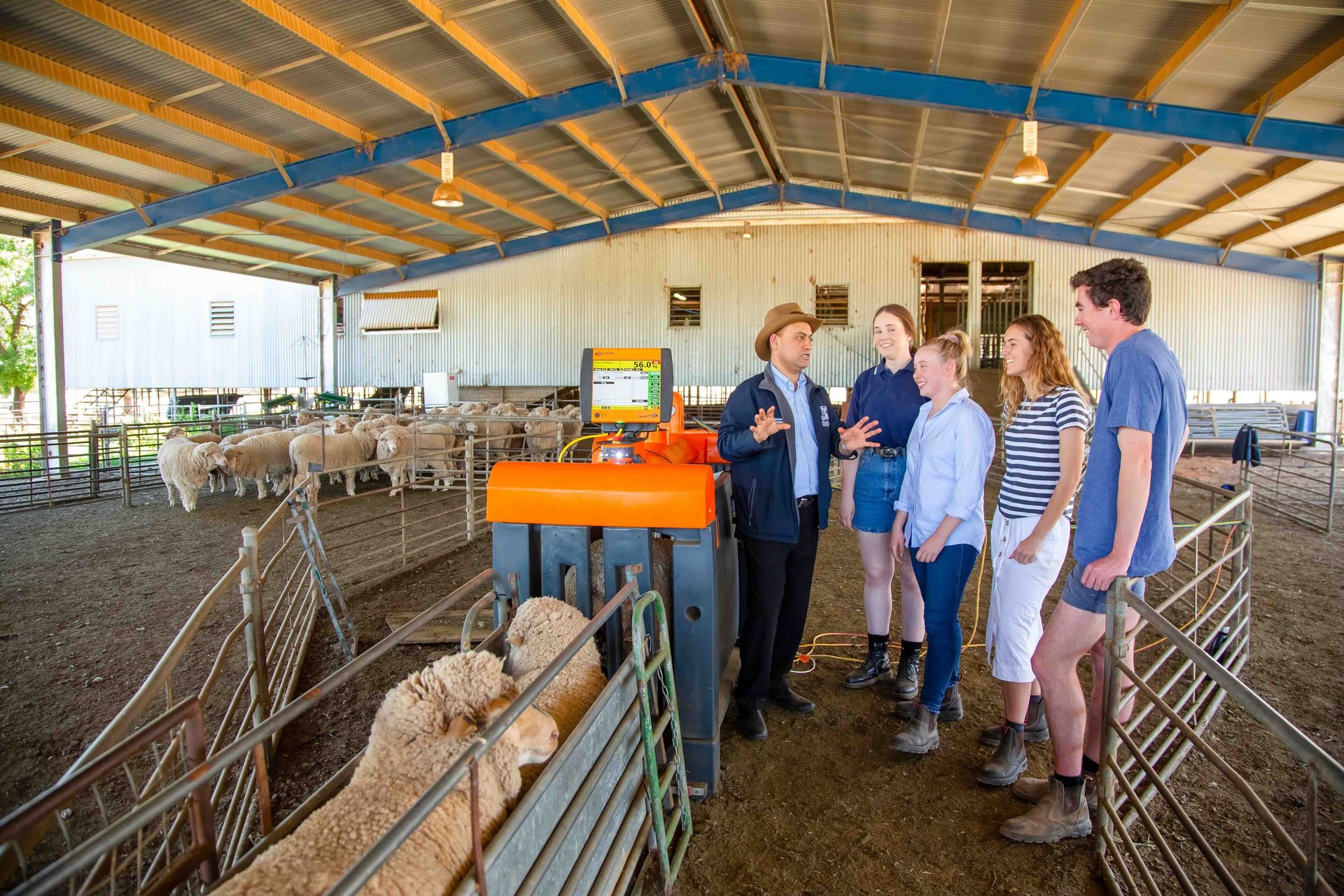
Close links to industry
Graduates are more than prepared to find work all along the value chain of agriculture and its supporting industries and agencies – both in Australia and around the world. Jamieson Lowe, another Bachelor of Agriculture graduate who majored in Plant and Soil Science, particularly enjoyed the industry internship and projects she completed during her degree.
The Mornington Peninsula and Western Port Biosphere Reserve are part of UNESCO's World Network of Biosphere Reserves. It is one of only five biosphere reserves in Australia and part of a global network of 748 reserves in 134 countries worldwide.
Biosphere reserves are “learning places for sustainable development” according to UNESCO. They are sites for testing interdisciplinary approaches to understanding and managing changes and interactions between social and ecological systems, including conflict prevention and management of biodiversity.
Jamieson was also part of the Wattle Fellowship, the University of Melbourne’s year-long co-curricular leadership development program training students to lead in the global sustainability sector. Here, she created garden wicking beds made out of recycled timber pallets and farm silo bags.
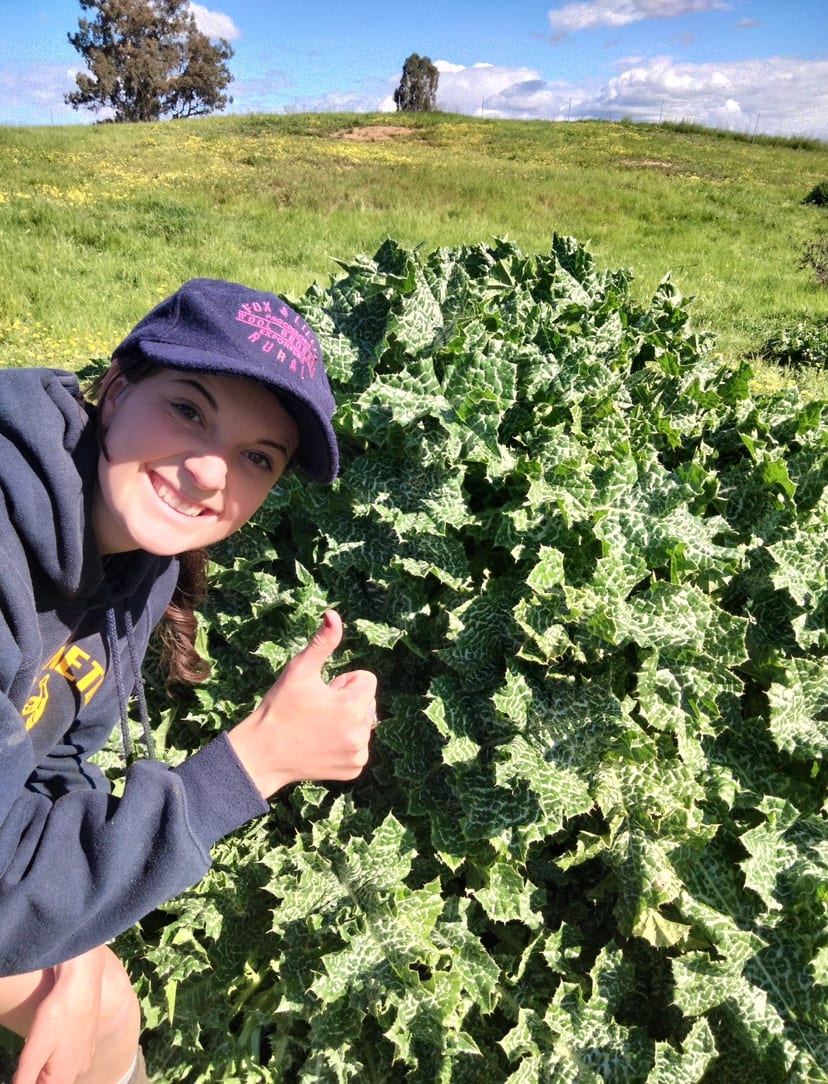
"In this program, I did loads of professional development courses and was encouraged to expand my network by connecting with past alumni and industry leaders," Jamieson says. "The Wattle Fellowship additionally sponsored me to do a 14-week horticulture course (an agriculture science technology program) through the Centre for Research into Environmental Strategies, where I expanded my agriculture knowledge and learnt in-the-field sustainable practices."
"I did an internship with Western Port Biosphere in Hastings where I helped create material around regenerative agriculture to increase community awareness of the benefits of this farming practice," Jamieson shares.
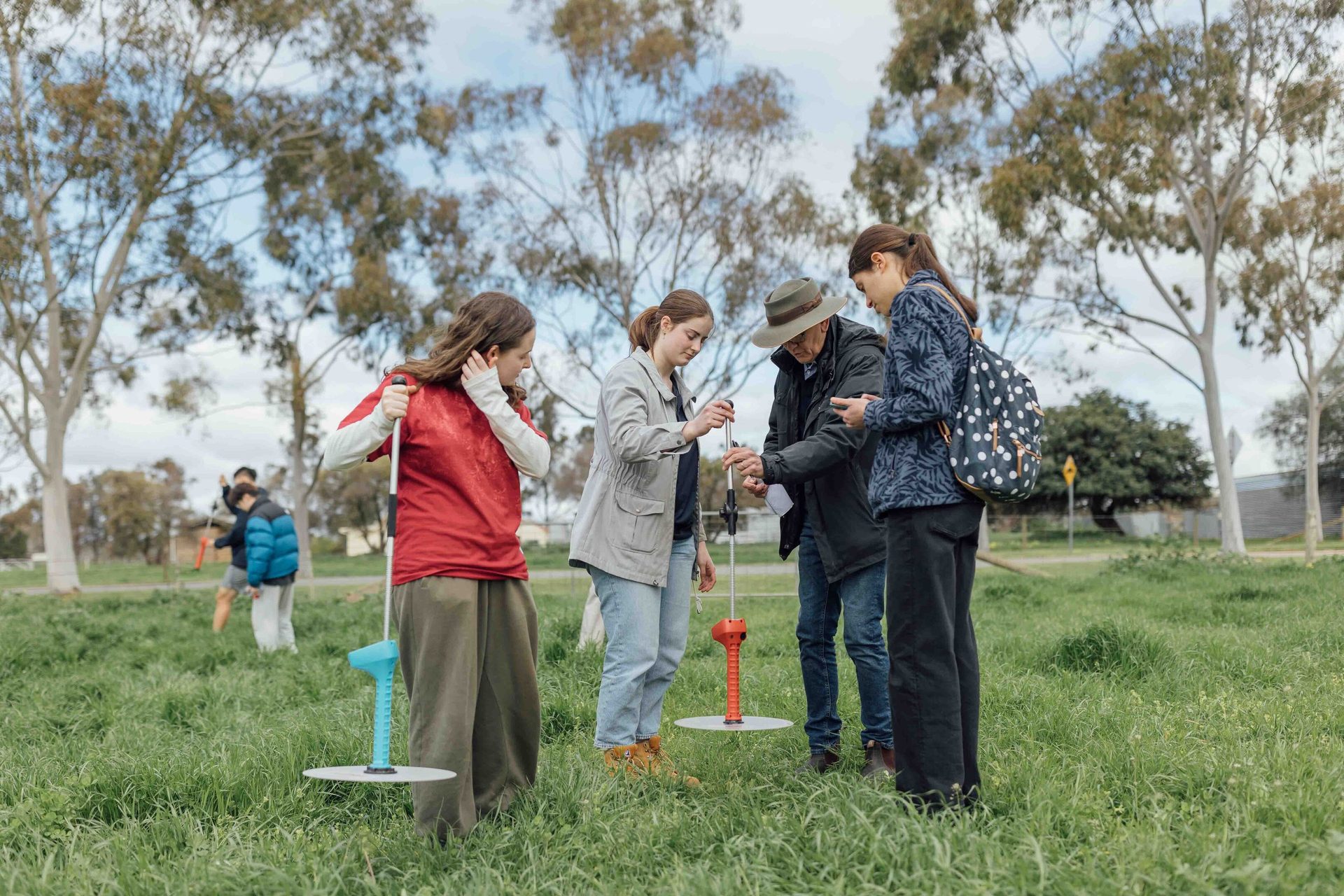
Explore your future at the University of Melbourne.

Copyright © 2023 Study International, official representative of The University of Melbourne - School of Agriculture, Food and Ecosystem Sciences

